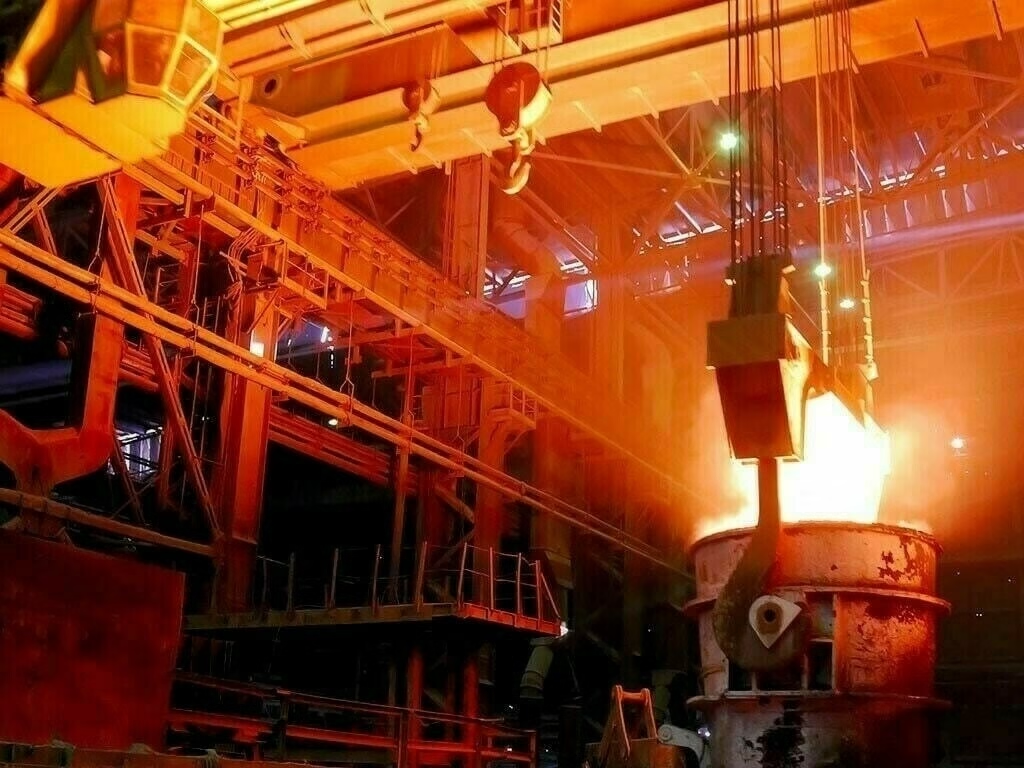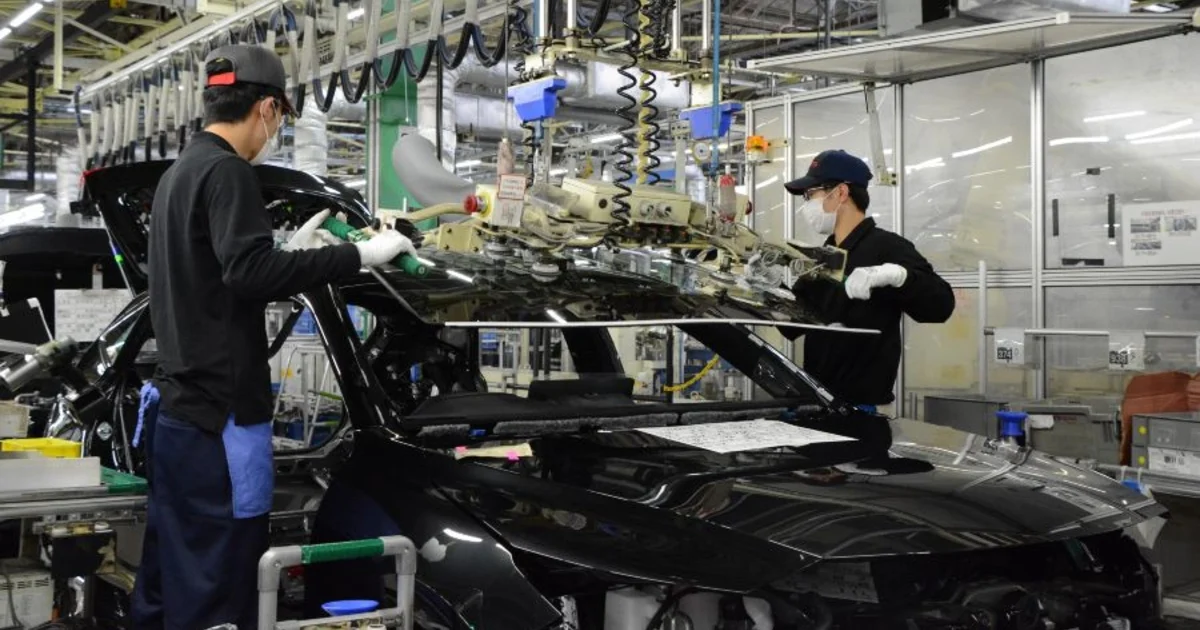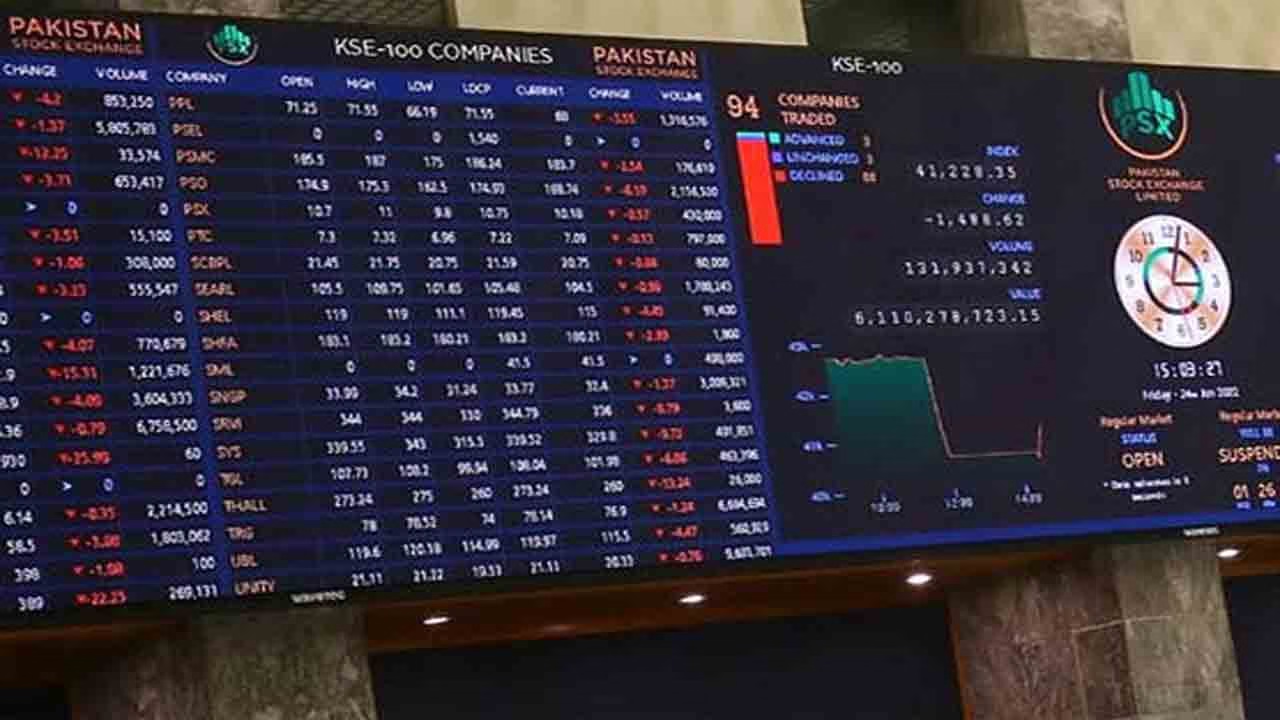In a major development signaling renewed economic cooperation between Islamabad and Moscow, Pakistan and Russia have officially signed an agreement to revive and modernize the Pakistan Steel Mills (PSM) in Karachi. The move is set to breathe new life into Pakistan’s struggling industrial sector while deepening long-standing ties between the two nations.
The landmark agreement was inked at Pakistan’s Embassy in Moscow, with Saif Anjum, Secretary of Industries and Production of Pakistan, and Vadim Velichko, General Director of Industrial Engineering LLC, signing on behalf of their respective countries. The signing ceremony was held in the presence of Special Assistant to Prime Minister (SAPM) Haroon Akhtar Khan and Pakistan’s Ambassador to Russia, Muhammad Khalid Jamali.
This collaboration is being hailed as a milestone agreement that will not only revive Pakistan Steel Mills, but also expand its production capacity, open up new employment avenues, and enhance industrial output in the country.
A Vision of Revival and Growth
Speaking at the ceremony, Haroon Akhtar Khan expressed optimism and pride over the development, calling it a reflection of the visionary leadership of Prime Minister Shehbaz Sharif. He emphasized that the revival of PSM was not merely an economic move but a strategic initiative with far-reaching implications for national progress.
Reviving PSM with Russia’s support reflects our shared history and our mutual commitment to a stronger industrial future,he stated. He added that once the steel mills are fully operational, they would become a catalyst for economic development, creating thousands of jobs and significantly boosting local and national production.
Historic Partnership Rekindled
The Pakistan Steel Mills, originally established with the technical and financial assistance of the Soviet Union in 1973, has long stood as a symbol of Pakistan-Russia cooperation. At its peak, PSM had the capacity to produce more than 1 million tons of steel annually. However, over the past two decades, the plant has largely remained non-functional due to mismanagement, lack of investment, and political challenges.
According to an official statement by the Pakistani Embassy in Moscow, the newly signed Protocol marks a renewal of this historic industrial partnership. It underlines both countries’ shared intention to rebuild strategic economic ties and foster collaboration in heavy industry and technology.
Economic and Strategic Impact
Experts believe the revival of PSM will bring a multitude of benefits to Pakistan’s economy. First and foremost, it will reduce the country’s reliance on imported steel, thereby saving valuable foreign exchange and supporting the local construction and manufacturing industries.
In addition, the modernization of the plant is expected to include technological upgrades, which will align PSM’s operations with global environmental and efficiency standards. This will enable Pakistan to better integrate into international supply chains and improve its competitiveness in the steel market.
Moreover, the agreement is expected to strengthen bilateral ties between Pakistan and Russia beyond industrial cooperation. It may pave the way for further joint ventures in energy, defense, transportation, and infrastructure development.
According to sources familiar with the deal, the next phases will involve technical assessments, investment planning, and implementation roadmaps. Russian experts are expected to visit Karachi in the coming months to conduct a full technical evaluation of the existing plant and determine the scope of modernization.
The government of Pakistan, meanwhile, will work on resolving legal, administrative, and financial hurdles, including the restructuring of PSM’s liabilities, employee matters, and infrastructure readiness.
A New Chapter Begins
With this agreement, Pakistan takes a significant step toward revitalizing its industrial backbone, a move that could serve as a blueprint for future collaborations with other international partners.
As Pakistan faces growing challenges in energy, employment, and foreign exchange reserves, the revival of key state-owned enterprises like PSM could provide a much-needed economic boost and instill confidence in both domestic and foreign investors.
In essence, the restoration of Pakistan Steel Mills—once seen as a fading monument of past glory—is now being reimagined as a beacon of progress and partnership, signaling the start of a new chapter in Pakistan-Russia economic relations and the resurgence of industrial strength in the region.



